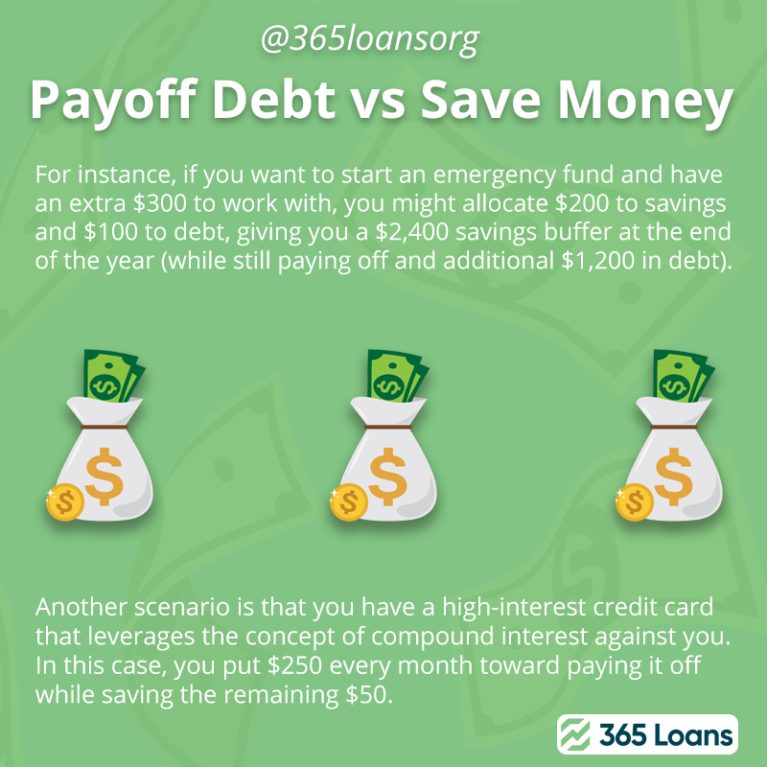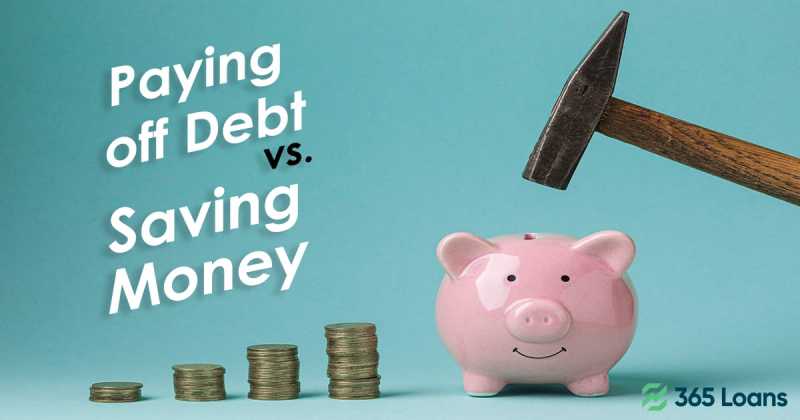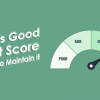The decision between savings and paying off debt remains about deciding on interest paid and interest earned. Individuals and families have unique financial plans and situations. Therefore, prioritizing between putting your hard-earned money in a savings account or investment and debt payoff will depend on your financial profile.
Let us explore a few situations.
Paying off your debt first
If you can access money in an emergency and you will not be penalized heavily for paying off your loan first, it makes sense to pay off your debt if you are paying more for borrowing than you are earning on your savings.
When paying off debts, start with the ones that cost the most. The most typical instances are as follows:
- Nearly all credit card debt;
- Payday loans;
- Door-to-door loans;
- Unpermitted overdraft.
Still, while some people start with the accounts with the highest interest rates, others prefer to start with the accounts with the lowest balances – to eliminate them faster and feel more productive. Create a few distinct payment plans to determine which strategy will work best for you. Then, stay with that strategy. You can put those regular payments into a savings account when you have paid off your debt.
Pros of prioritizing paying off debt
There are several reasons to pay off debt as soon as feasible, including:
- Over time, you can lower the interest payment – especially beneficial if you have credit card debt with a high-interest rate.
- You might see an increase in your credit score.
- You may pay full attention to saving and other financial goals once your debt is paid off.
- You can lift an emotional and mental load by paying off debt.
In addition to being a financial hardship, being in debt negatively affects your credit score and your state of mind. Therefore, it would be wise to prioritize paying off your debt first if you have other financial objectives coming shortly, particularly those that call on high credit, like buying a home.
Building savings first
Compound interest is arguably the most satisfactory justification for using money-saving strategies as soon as feasible in your financial life. In a savings account, money market account, certificate of deposit, or investment account, compound interest is the interest that is generated on your interest. As a result, your money can grow faster the longer it has to compound.
Waiting even five or ten years to start saving can significantly impact how much you will end up with in the long run. Say, for illustration, that at age 25, you start making $5,500 a year in contributions to an IRA. You would have $1.17 million saved for retirement if you kept saving the same amount until you were 65 years old and earned a return of 7%. But if you hold off until you are 35, your retirement fund would increase to nearly $560,000.
Finally, having some savings might act as a safety net for your finances.
Think about how you would react, for instance, to a sudden auto repair or a job loss. If you do not have emergency funds, you could have to utilize a high-interest credit card or loan to cover the shortfall. If you are increasing your debt in the process, it might be against the logic of your debt repayment strategy.
Pros of prioritizing savings
On the other hand, there are many benefits to beginning to save right away:
- The earlier you start, the longer you have to benefit from compound interest.
- Instead of waiting until your debt is paid off, you may work toward your financial goals on your schedule.
- If an unforeseen need arises, having some readily available money will assist you in avoiding racking up additional debt.
Can you pay off debt while saving money?

It is feasible to pay off debt and save money simultaneously, but it takes organization, strategy, and simplifying your spending.

The first step is to analyze your spending plan to determine how much you pay toward debt each month.
For instance, refinancing student loans or transferring high-interest credit card debt could lower interest rates and enable you to put more money toward the outstanding sum.
Next, check to see if you can reduce or eliminate unnecessary spending to free up some cash. Then, whatever amount you manage to scrape out of your budget, decide how much of it should go toward debt repayment and how much toward savings.
Should you pay off debt or save money?
Long-term debt carrying is not recommended because it can increase your interest costs and impede your ability to reach your financial objectives. However, you also cannot afford to put off saving money.
The best course of action may be a balanced one that incorporates both when choosing between saving money and paying off debt.







